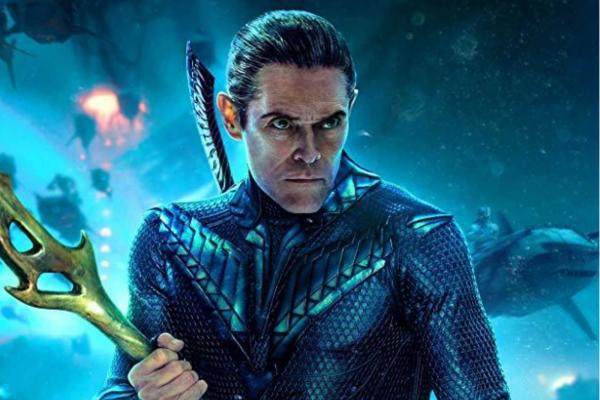WILLEM DAFOE is my favorite onscreen Jesus, and since The Last Temptation of Christ’s release three decades ago, he’s been indelibly associated with that role. His Jesus was a corrective to the over-mysticized versions in epics such as Ben-Hur and The Greatest Story Ever Told, which portray Jesus as a kind of magician instead of a person.
Dafoe’s Jesus (which is also the Jesus of novelist Nikos Kazantzakis and Paul Schrader, who adapted Kazantzakis’ work for the screen) is a serious attempt at grappling with the human questions his story demands. This Jesus is a breathing, sweating, sleeping, dancing, agonizing, raging Jesus: a political Jesus who prefers a donkey to a revolution; a compassionate Jesus who struggles to figure out his own needs amid the burdens of the world; a thinking Jesus who doesn’t emerge from the womb with a fully formed philosophy but learns by experience, scripture, and prayer.
Fictionalized Jesuses are, of course, like any other Jesus: We see all the Jesuses we’ve ever met through the lens of our own experience. The light of Willem Dafoe’s Jesus (not to mention his astonishing portrayal of Vincent van Gogh in the recent masterpiece At Eternity’s Gate) is more useful to me than the “magician” versions because I’m not sure I can learn much from superheroes.
Read the Full Article

